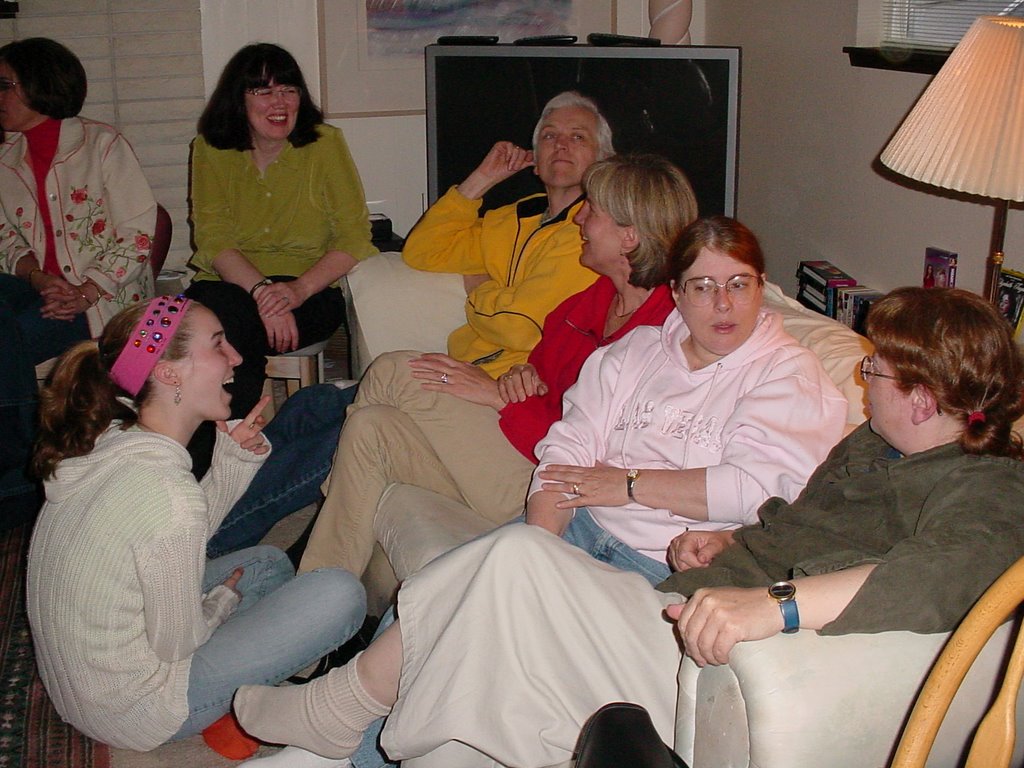The Ninth Day of Ridvan presents a poignant observance within the Baha’i Faith, an occasion that embodies the spiritual culmination of divine revelation and the inception of a community dedicated to unity. This day, celebrated with reverent gaiety, marks the notable declaration of Baha’u’llah’s mission, wherein He proclaimed His role as the Manifestation of God, a messenger destined to illuminate the path for humanity’s collective ascent. Intriguingly, the Ninth Day of Ridvan serves as a metaphorical tapestry, intricately woven with threads of familial love, collective responsibility, and universal brotherhood. The following elucidates how this celebration encapsulates fundamental Baha’i principles, emphasizing the unique appeal of the occasion as it underscores the concept of a unified family—both in the spiritual and temporal realms.
The essence of Ridvan transcends mere commemoration; it represents a transformative journey towards a more harmonious society. As families come together to celebrate, they are reminded of the indelible bonds that tie them not just to one another but to the broader humanity. The metaphor of the family is prominent in Baha’i teachings, which asserts that all human beings are essentially one family, interconnected and interdependent. This notion resonates deeply during the Ninth Day of Ridvan, where the festivities are intended to foster a sense of solidarity among diverse individuals, thus facilitating the emergence of a unified global family.
Indeed, the Ninth Day can be envisaged as a microcosm of the grander Baha’i vision for world unity. During this celebration, adherents affirm their allegiance to the principle of inclusive fellowship. Families—each with their unique histories and cultures—gather to honor the pivotal event in their shared spiritual narrative. It is this convergence that symbolizes a fragmented world inching toward cohesion. The gathering of Baha’is fosters an environment akin to a warm hearth, wherein the spirit of togetherness flourishes, creating a sanctuary of love that transcends geographical and cultural divides.
In this celebratory atmosphere, various traditions come alive, reflecting the diversity that enriches the Baha’i community. From the joyous singing of hymns to the sharing of delectable culinary delights, the Ninth Day of Ridvan encapsulates a mosaic of experiences. This tapestry of cultural expressions serves to enrich the participatory spirit, allowing individuals to appreciate the multifaceted nature of their identities while simultaneously recognizing the underlying unity that connects them. Baha’u’llah significantly communicated that “the most vital and challenging issue of our time” is fostering unity among mankind, and through such celebrations, Baha’is actively engage in the manifestation of this aspiration.
Moreover, the Ninth Day of Ridvan also serves as an opportunity for reflection. Participants are invited to contemplate the profound implications of Baha’u’llah’s declaration. What does it mean to commit oneself to the principles of oneness and love? How does one embody the teachings of Baha’u’llah in their daily interactions? These poignant questions propel individuals to move beyond mere observance and delve into the heart of their spiritual commitment. Reflection during this divine occasion facilitates personal growth and familial bonds, as members discuss their insights and aspirations for a more united tomorrow.
Engagement does not merely occur at the personal level; the collective deliberation during the Ninth Day resonates with the broader Baha’i objective of community building. The ethos of unity and familial love compels every member to not only celebrate but also assume their role as active contributors to societal advancement. In this dance of interaction, individuals are inspired to launch initiatives that cultivate peace, justice, and sustainability. The celebration, therefore, transcends traditional festivity—it fosters an awakening to the urgent need for collective action in an increasingly fragmented world.
Upon the arrival of this day, communities often convene in grand celebration gatherings, each marked by special prayers and community events that reflect the values underpinning the family structure. The gathering also serves as a reminder of the promises of a new era, heralded by Baha’u’llah. This anticipation of transformation is reflected in the very ambiance of the festivities. Joyful laughter, the fragrance of shared meals, and the resonance of soulful prayers collectively summon the participants to appreciate their place within the unfolding narrative of humanity.
As the Ninth Day of Ridvan unfolds, it also reinforces the understanding of loyalty—not merely as a familial bond, but as an affinity to higher principles that guide one’s actions. In a world that often prioritizes individualism, Baha’is reassert the calling to uphold a commitment to others, hence advocating for a robust familial network that extends beyond biological ties. This commitment acts as a binding force, essential in cultivating both personal and communal strength, a reminder that while individuals may vary in their beliefs and customs, their shared humanity is an unyielding bond.
In conclusion, the Ninth Day of Ridvan illuminates the spiritual ethos of the Baha’i Faith, serving as a clarion call for unity through the metaphor of a family. During this sacred celebration, adherents reflect on their commitments to promote a world replete with love, understanding, and solidarity. The Baha’i teachings reverberate powerfully through this day’s rituals, forging connections both within families and across diverse communities. As Baha’is commemorate this day, they do not simply honor a historical moment; they actively participate in the creation of a harmonious world, embodying the unity that lies at the heart of their beliefs. Hence, every celebration of the Ninth Day of Ridvan serves as a potent reminder of the universal family that continues to grow, embrace, and evolve—all in the name of divine unity.
